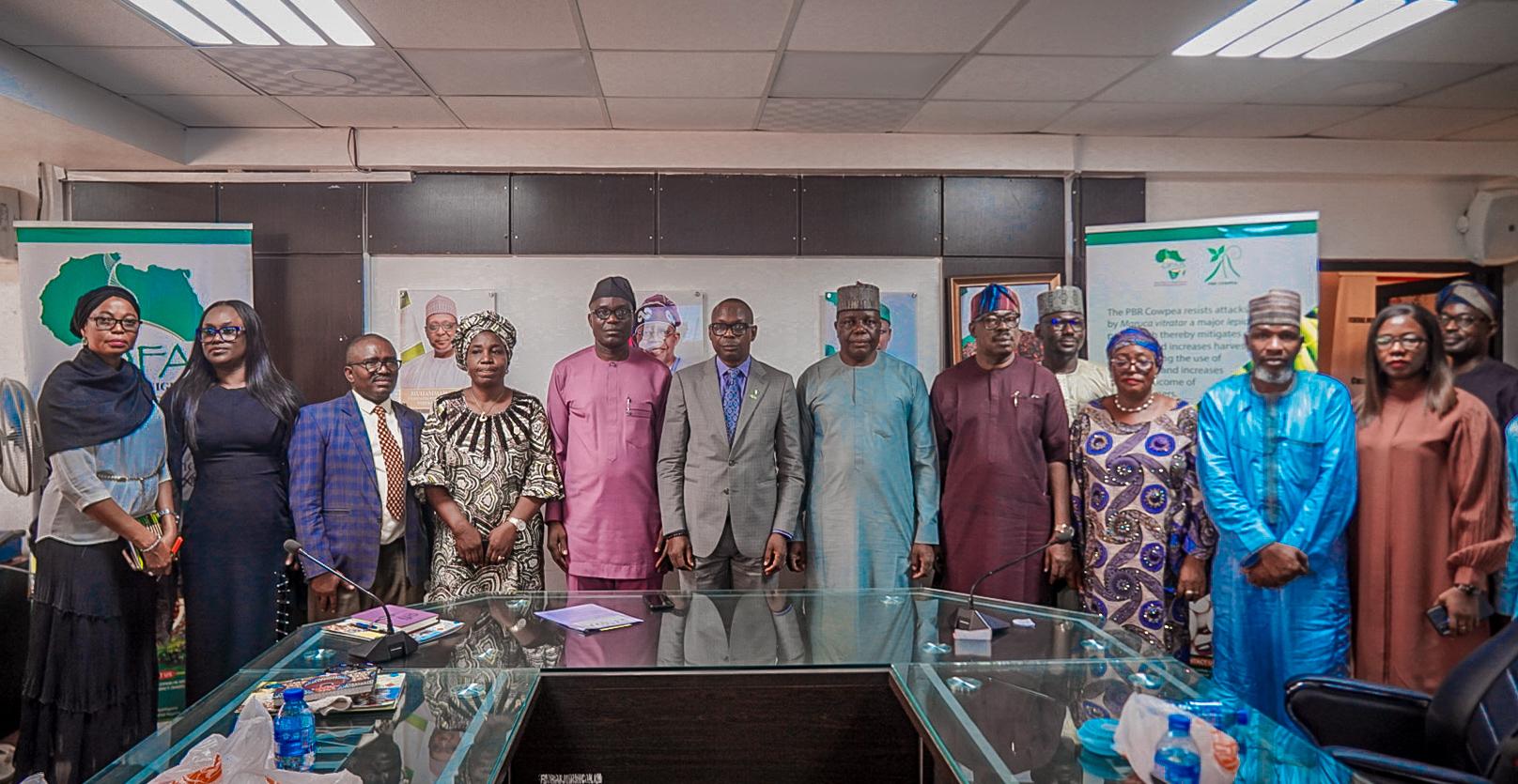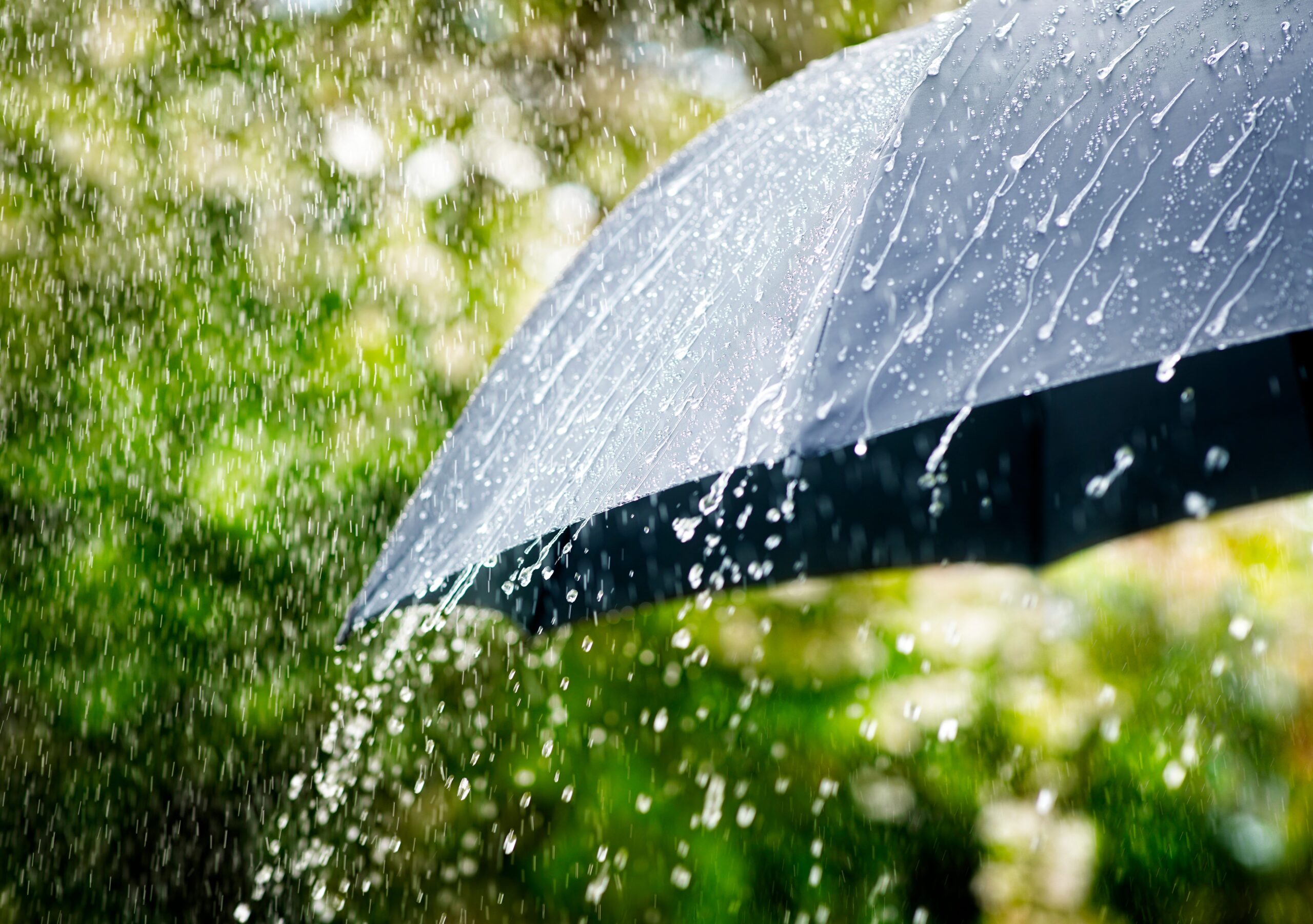Heatwave: Dermatologist advises Nigerians on measure to prevent heat stroke

A Consultant Dermatologist,
Dr Folakemi Cole-Adeife, has urged Nigerians not to ignore the warning signs of heat exhaustion or heat stroke as a result of the current extreme heat condition experienced across the country.
Cole-Adeife who works at the Lagos State University Teaching Hospital, Ikeja, told Newsmen on Thursday, that extreme heat could be dangerous, leading to heat exhaustion or heat stroke.
She said: “Nigerians need to stay informed on weather forecasts and heat advisories. They need to be aware of the signs of heat-related illnesses such as heat exhaustion and heat stroke.
“Remember that extreme heat can be dangerous, So, If you or someone else is experiencing symptoms such as heavy sweating, weakness, dizziness, nausea, confusion or inability to walk or talk properly, it is essential to seek medical help immediately.
“Heat-related illnesses can escalate quickly and it could be life-threatening, so early intervention is crucial.”
Cole-Adeife highlighted certain measures to protect oneself and others from heat-related health emergencies like heat exhaustion or heat stroke.
“Stay hydrated by drinking plenty of water throughout the day, even if you do not feel thirsty. Aim for 2.5 to 3.5 litres of water daily and avoid drinks with caffeine, high sugar content or alcohol, as they can contribute to dehydration.
“Use fans and air conditioning to cool indoor spaces. Take cool baths frequently to lower your body temperature. However, baths should be without soap if more than two times a day to avoid drying out the skin.
“Open windows at home to allow for cross ventilation. Invest in a rechargeable fan, considering the concurrent electricity shortage in the country.
“Wear loose, lightweight, and light-coloured clothing to reflect the sun and allow your body to cool efficiently. Avoid dark-coloured or thick clothing. These are some tips people can take to stay safe during the heatwave,” she said.
The Dermatologist also urged Nigerians to limit outdoor activities during peak sun hours (usually between 10 a.m. and 4 p.m.) and Identify public places like shopping malls with air conditioning, where one could escape the heat.
She said it was important to use sun protection such as hat to protect the face and neck as well as sunscreen to protect the skin from harmful Ultraviolet (UV) rays.
“Now is not the time to use too many skin care products. Stick to soap, a lightweight moisturizer or none.
“Then, Keep an eye on elderly family members, neighbours, children, and those with pre-existing health conditions, as they are more susceptible to heat-related illnesses.
“Check up on them regularly and encourage them to avoid going outdoors for too long and when indoors they should leave windows and doors open and use fans,” she advised.





